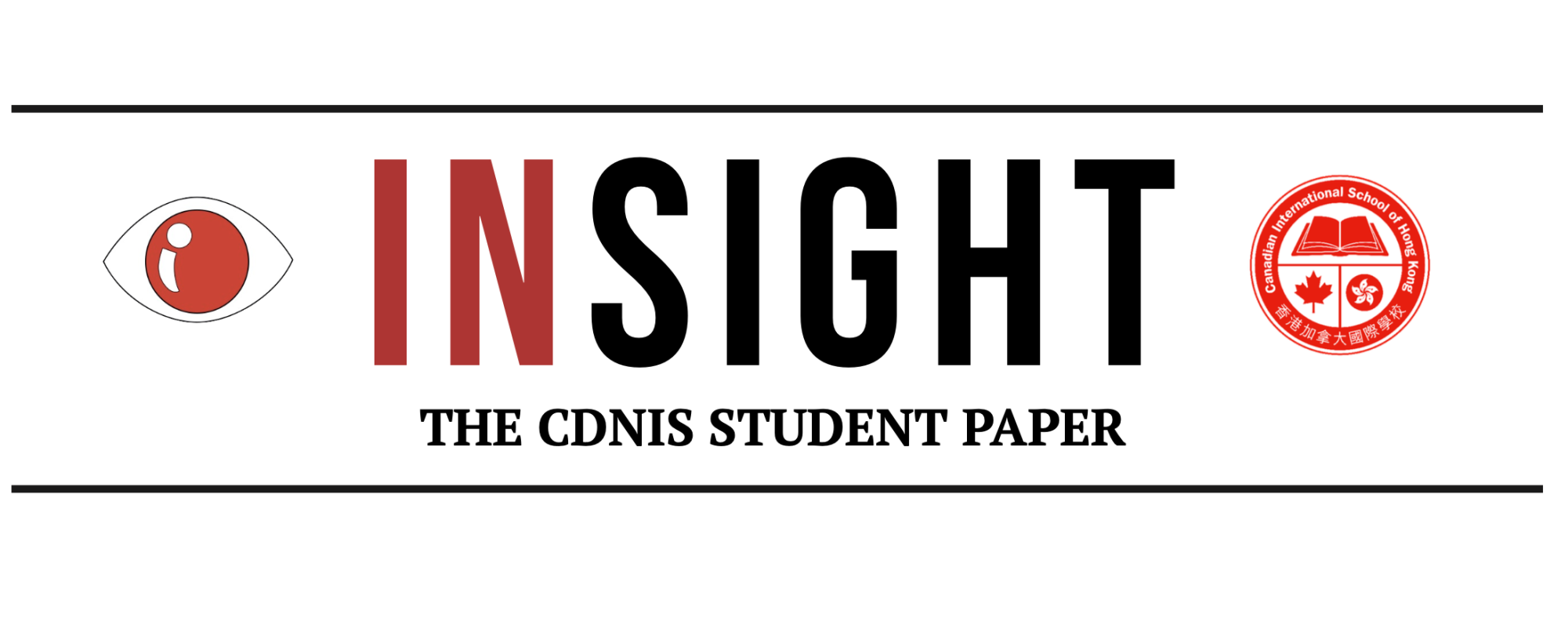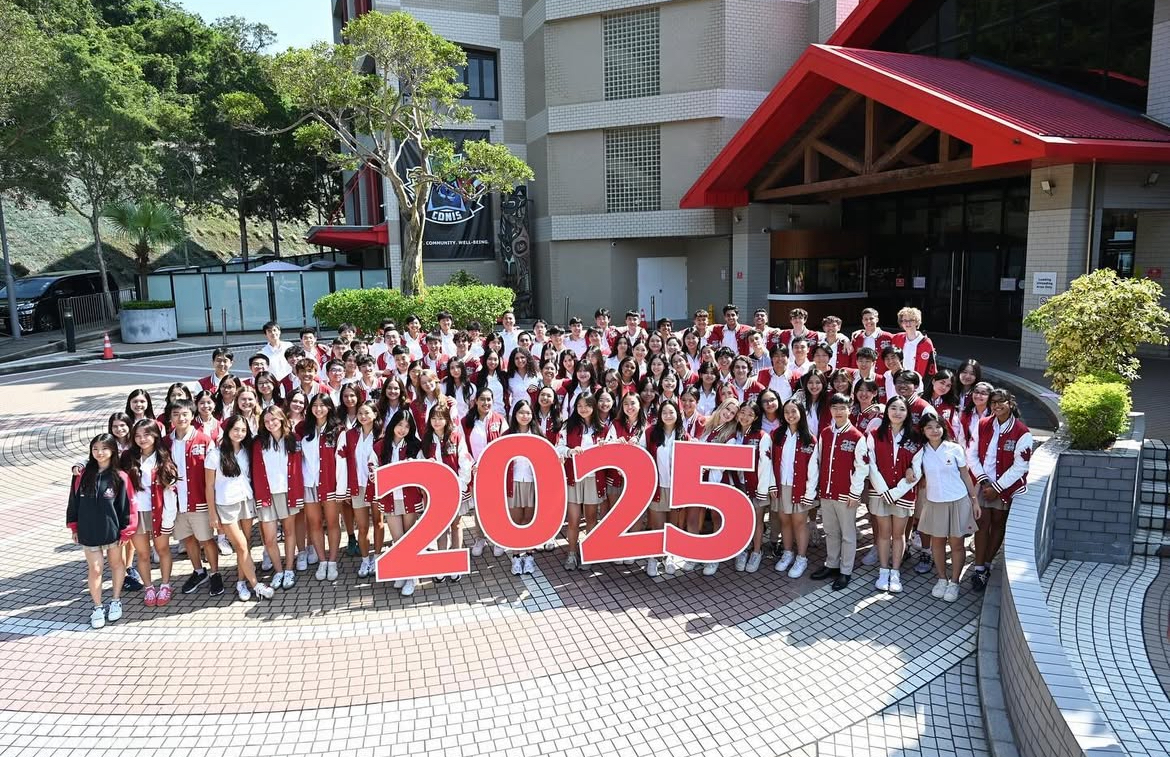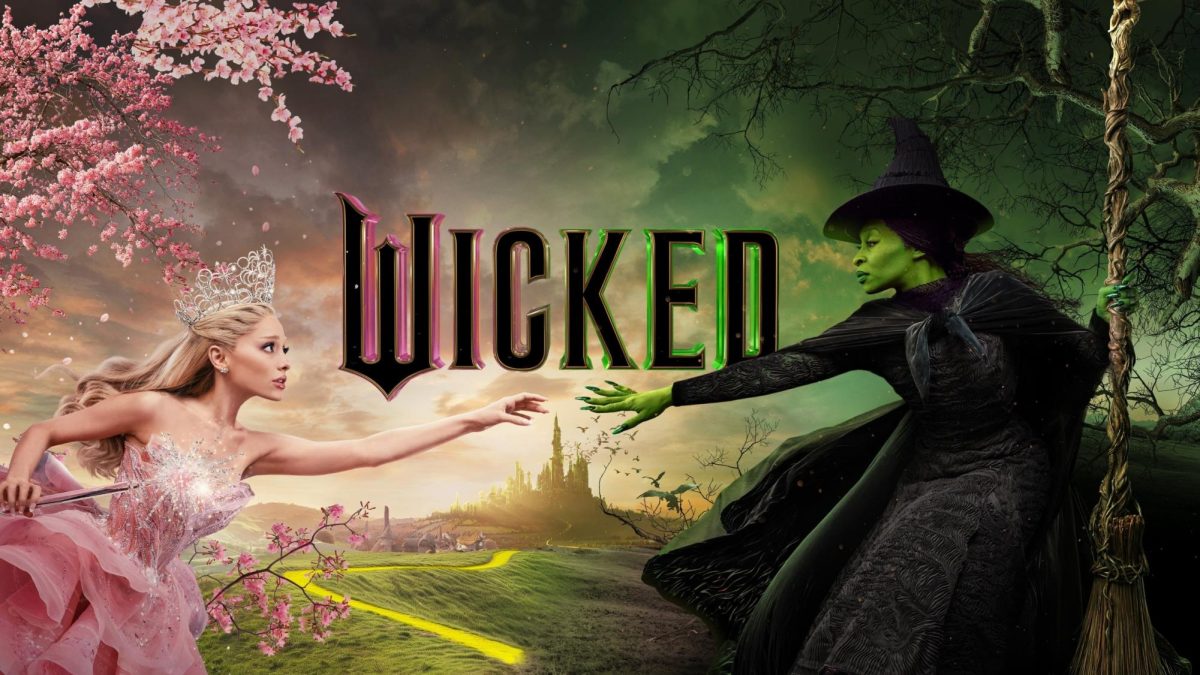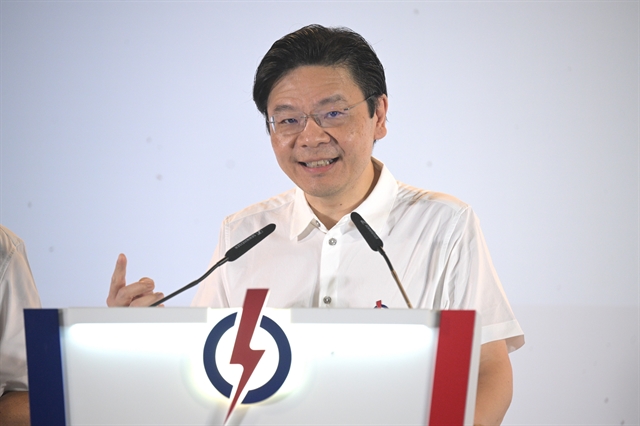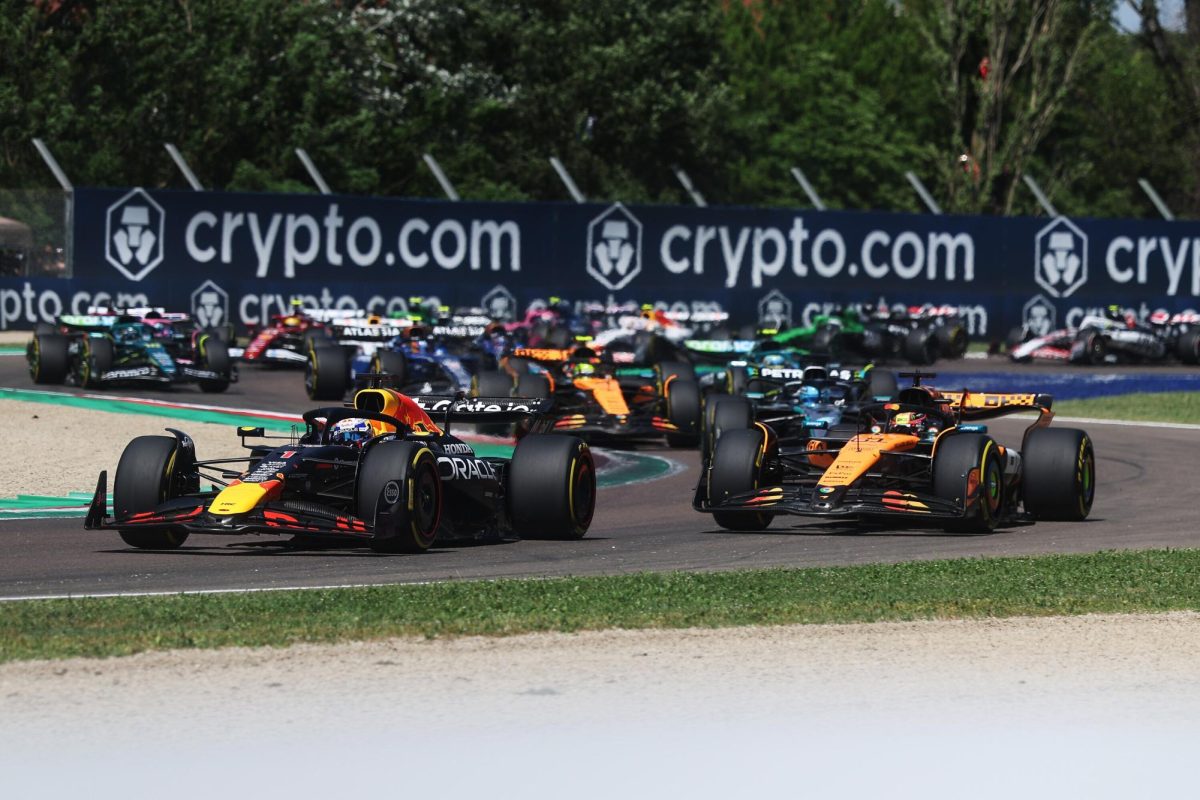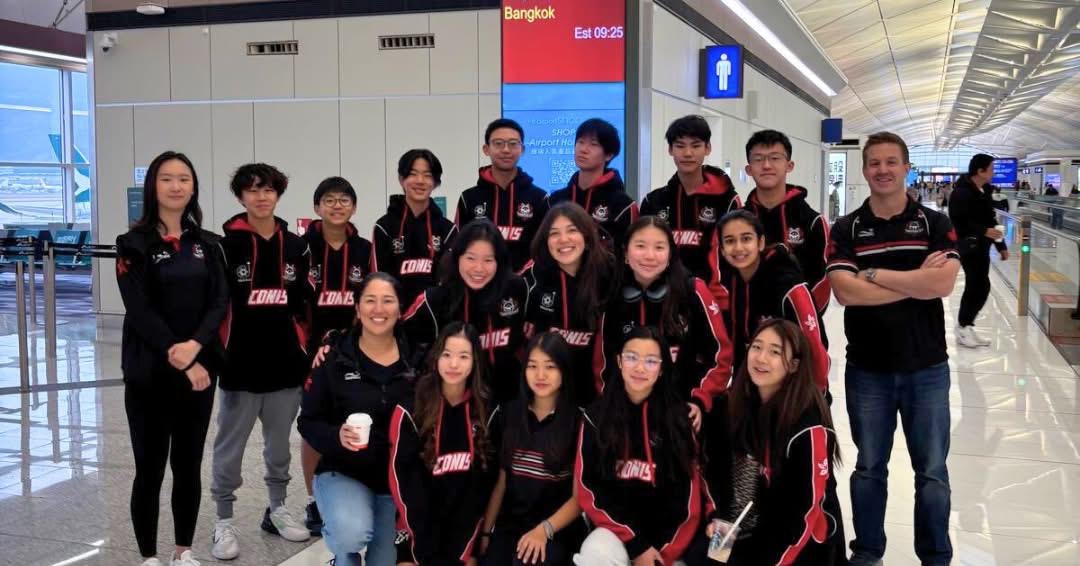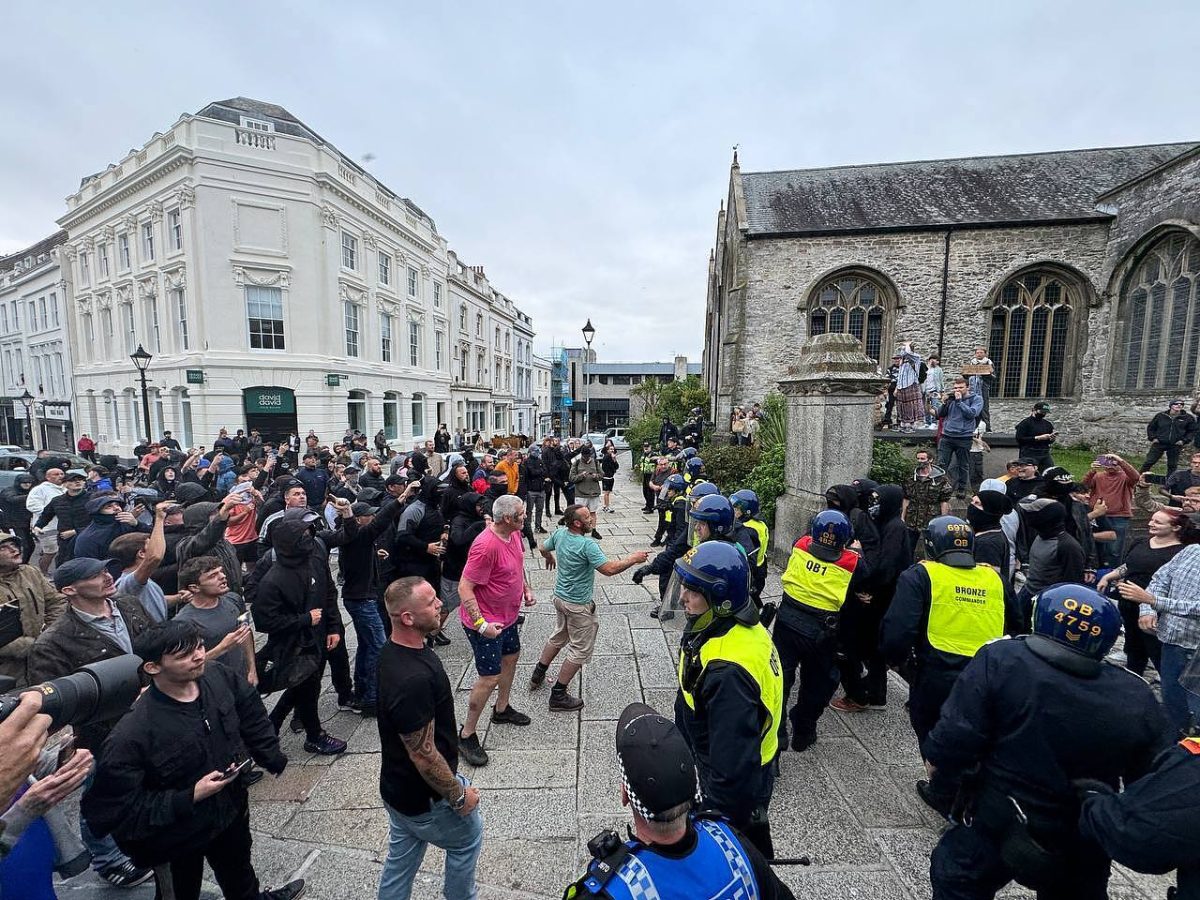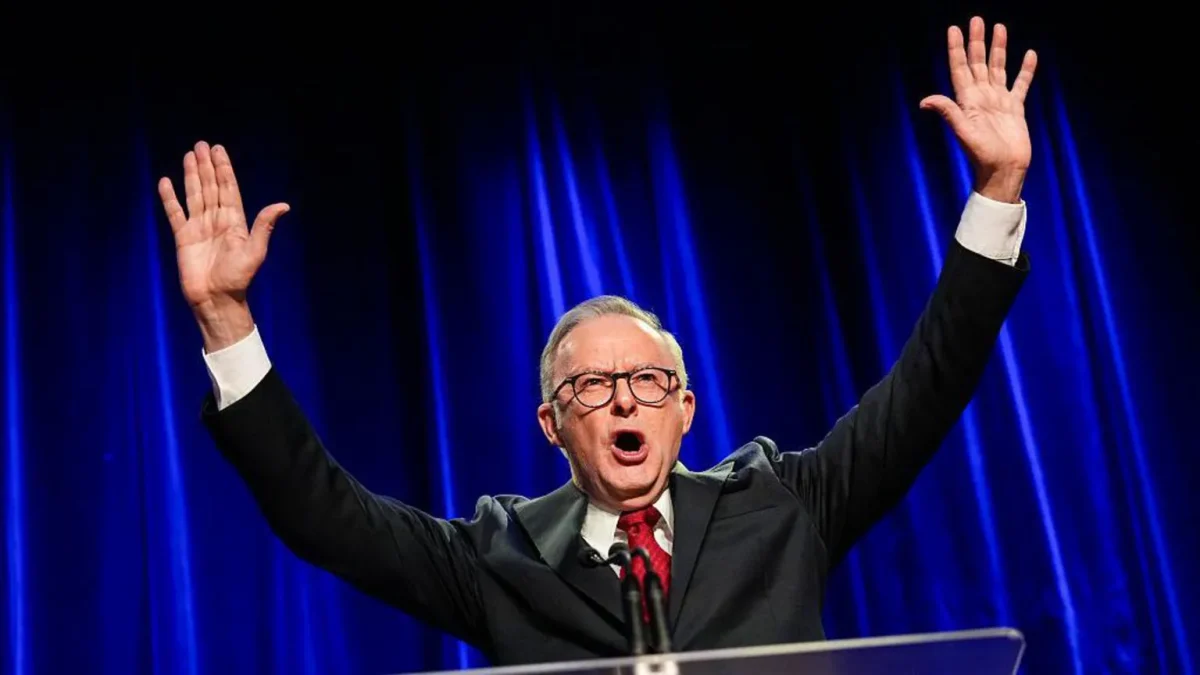The UK riots have caused significant and unprecedented impacts on its citizens and the newly elected Labour government. The cause of the riots can be attributed to the killing of three teenage girls, aged 6-9, at a dance event in Southport, England on July 29. Police swiftly arres- ted and charged a 17-year-old suspect who is responsible for these killings. However, false information originating and spreading on social media claimed the suspect was an Islamist immigrant which led to the outbreak of the riots, led by right-wing and anti-immigrant groups. These riots took place throughout Britain, with each protest typically involving a few hundred rioters targeting Muslim and Asian businesses with vandalism.
As the riots took place, Keir Starmer and his new government faced criticism for their im- migration policy. Previous Conservative Prime Ministers like Rishi Sunak and Boris Johnson promoted an anti-immigration policy with the plan of sending illegal immigrants and asylum seekers to Rwanda to lessen the stress on UK resources and job industries. However, Starmer criticized the policy as it leaves the immigrants and asylum seekers in a vulnerable state, given that Rwanda has poor records upholding human rights defined by the UN. Hence, as Starmer rose to power, he scrapped the Rwandan Bill, which is set to be replaced by an undefined border security command.
However, a worry about this decision is that many voters voted for Reform UK Leader Ni- gel Farage, who won 3rd in the popular vote. As Farage takes on an anti-immigrant stance on immigration policies, Starmer’s decision and stance on immigration can be seen as an inevitable source of public anger. The anger and uncertainty felt by a portion of the UK’s citizens thus served as a root cause of the riots, which was only exemplified and exacerba- ted by Starmer’s decision. Therefore, from this perspective Starmer’s decision to scrap the bill could be considered as a failure and becomes a major challenge his government has to overcome, despite Starmer’s short duration in the office thus far.
The main question now is what these series of riots mean for the UK’s immigration policy. The pendulum could easily swing either way – for Starmer, it is key that he receives the su- pport of all the people, and it is also clear that both stricter and freer approaches to the UK immigration policy will lead to public backlash from select groups.
If Starmer were to tighten immigration as a result of these riots, the insurgence of minorities and immigrants is bound to occur, and Starmer will have broken his electoral promises of loo- sening immigration policies, leading to a loss of faith from his voters. Yet, if Starmer decides to continue loosening immigration policies, it is clear that these riots may continue to erupt, which could lead to detrimental consequences on Starmer’s government. However, an accep- table compromise for the moment may be for Starmer to temporarily tighten immigration to control the riots, as it is clear that they are an unprecedented and dangerous threat to socie- tal stability. Ultimately, how Starmer’s government addresses both the rioters and the immi- grants’ demands is the response to watch out for and a good indicator of how his government and the UK will fare in the upcoming five years.
